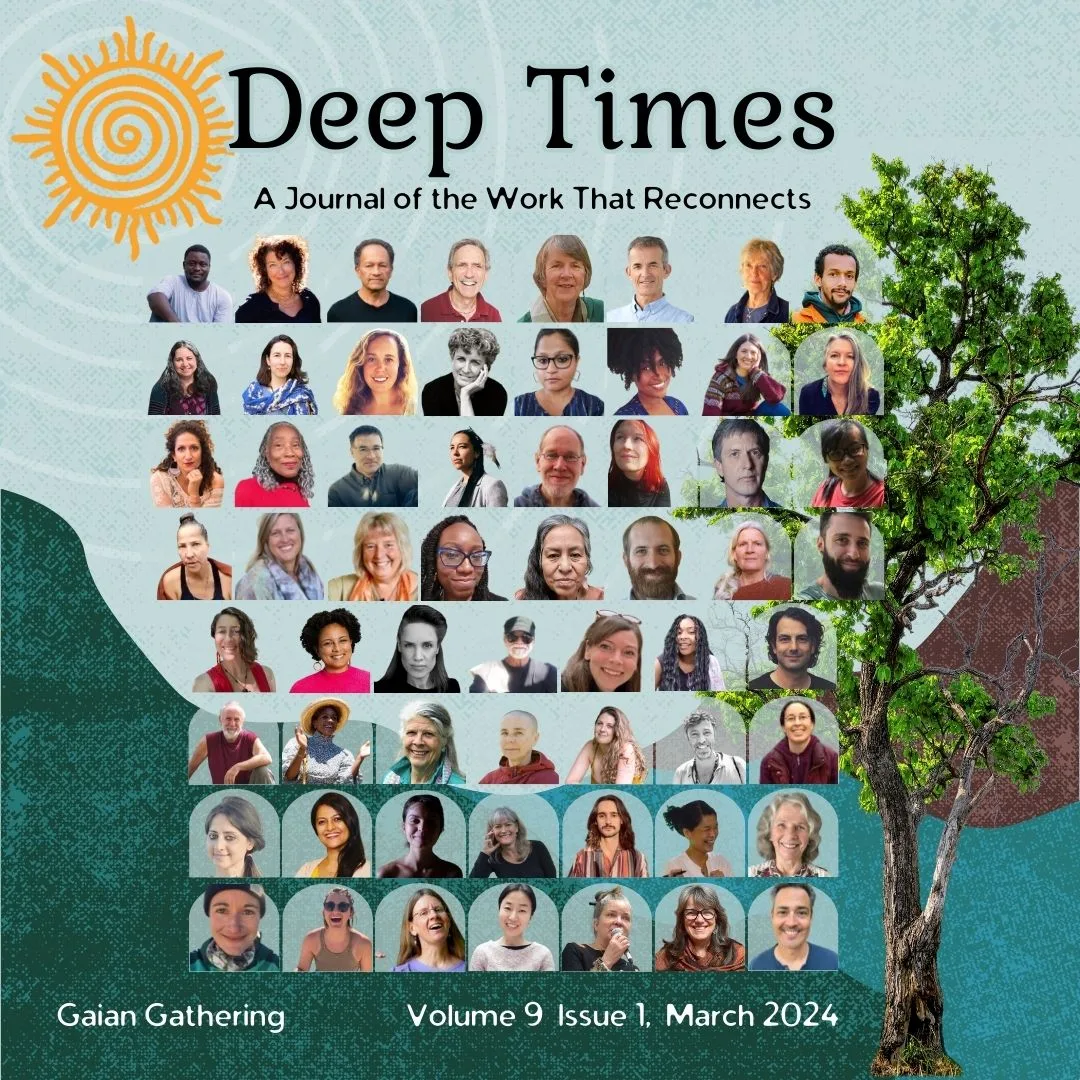- Academic Research

Emotional Methodologies for Climate Change Engagement: towards an understanding of emotion in Civil Society Organisation (CSO)-public engagements in the UK
By Jo Hamilton
Thesis submitted for a Doctor of Philosophy degree in the Department of Geography and Environmental Science, School of Archaeology, Geography and Environmental Science at the University of Reading
Abstract
The inner dimensions of human responses to climate change are complex. They include our cognitive, emotional and affective responses to scientific projections, implications, climate [in]justice, loss of cultures, ecologies and societal collapse. The urgency of action for climate change mitigation and adaptation, combined with the insufficient political responses, contributes to emotions such as grief, fear, despair, and guilt, amongst others. When unexpressed, these emotions can contribute to emotional paralysis and systems of socially organised denial, which can inhibit engagement and action on climate change at individual and societal scales. There is a research gap of methods and processes where emotions relating to climate change can be acknowledged and explored.
A range of methods exist to acknowledge, explore and encourage the processing of the emotions relating to climate change. I collectively term these methods ‘Emotional Methodologies’ (EMs). Varying in intensity, timescale and accessibility, EMs are positioned at the interface of psychological and social approaches to climate change engagement.
This PhD research maps out a range of EMs used in or by Civil Society Organisations (CSOs) to acknowledge and process the emotions associated with climate change. The thesis explores the impacts of participation in EMs with regard to engaging and sustaining engagement with climate change, through investigating emotional dimensions of climate change, emotional habitus, and emotional reflexivity. The blended research combines emotional geography and psycho-social approaches to explore these impacts from the perspectives of facilitators and participants of EMs.
This research evidences the importance of emotionally reflexive practices to enable broader, deeper and more sustained engagements with climate change. Through fostering dimensions of relationship within (to inner, emotional and affectual worlds), between (to other people) and beyond (to the more-than-human world), the EMs created safe-enough spaces to acknowledge painful emotions, and supported the processing of emotions. These EMs helped to cultivate forms of reflexivity which contributed to a ‘deep determination’ and ongoing resource to act for environmental and social justice, and to live the future worth fighting for in the present.









